Public Service Cabinet Secretary Moses Kuria has announced his ministry will embark on a biometric registration exercise of all public servants in Kenya.
In an update via X on Tuesday February 27, Kuria said the country has many ghost civil servants, students and elderly citizens.
He noted that the government is spending a lot of money to pay salaries to ghost workers, sending capitation to students and the elderly.
“As a country that is very religious, we are not doing very well in chasing away ghosts. This country is full of ghosts. We are paying ghost civil servants, ghost teachers,” said Kuria.
He added, “We are spending capitation on ghost students. We are sending cash transfers to ghost elderly citizens. As we accelerate our prayers to exorcise ghosts, the Ministry of Public Service will embark on biometric registration of all the 900,000 of us who are paid by the taxpayers including counties.”
Read More
The Public Service CS also mentioned that a payroll audit on the ghost workers is underway.
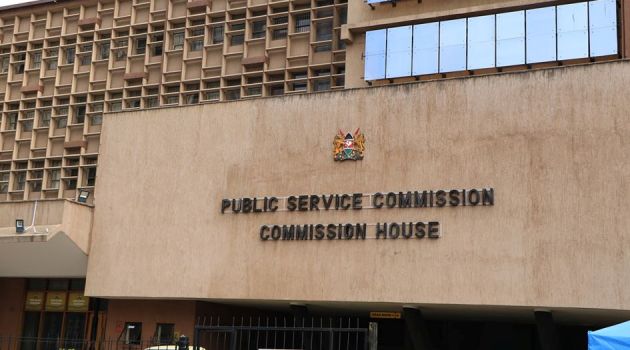
The Public Service Commission (PSC) in January unmasked close to 20,000 ghost workers on the government payroll.
In an annual report covering the 2022/2023 financial year, the commission established that there were 19,467 additional employees in different government agencies and departments against the approved staffing levels.
According to the report, State House and the New Kenya Cooperative Creameries (KCC) Limited lead the chart of institutions with unaccounted workforce.
The report further disclosed that 15 organizations exceeded the approved staff levels, with five having a surplus of personnel exceeding 50 per cent.
The Kenya Medical Supplies Authority (KEMSA) had 115 per cent staff above the recommended numbers, the National Water Harvesting and Storage Authority at 72 per cent and the State Department for Devolution at 61 percent.
Others were the State Department for Higher Education and Research at 69 per cent and the State Department for Immigration and Citizen Services at 59 per cent.
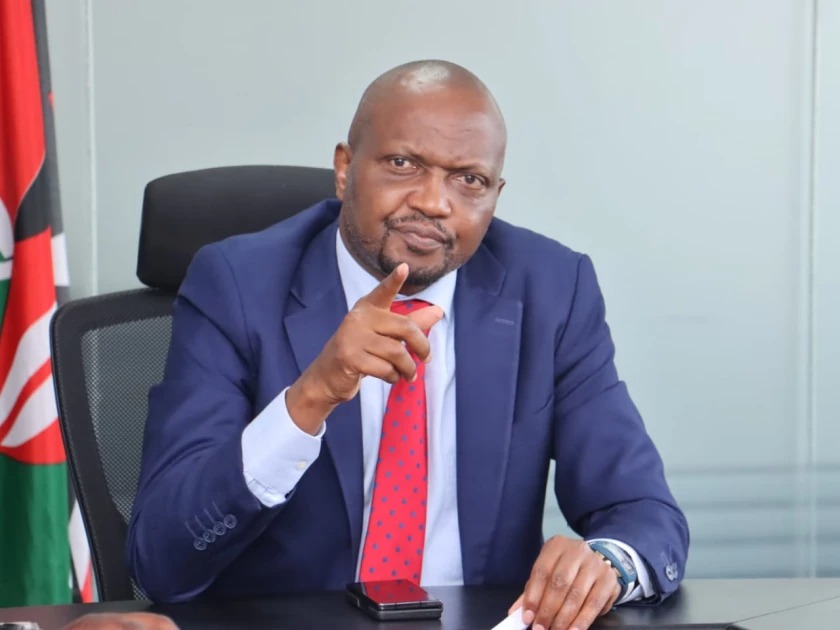
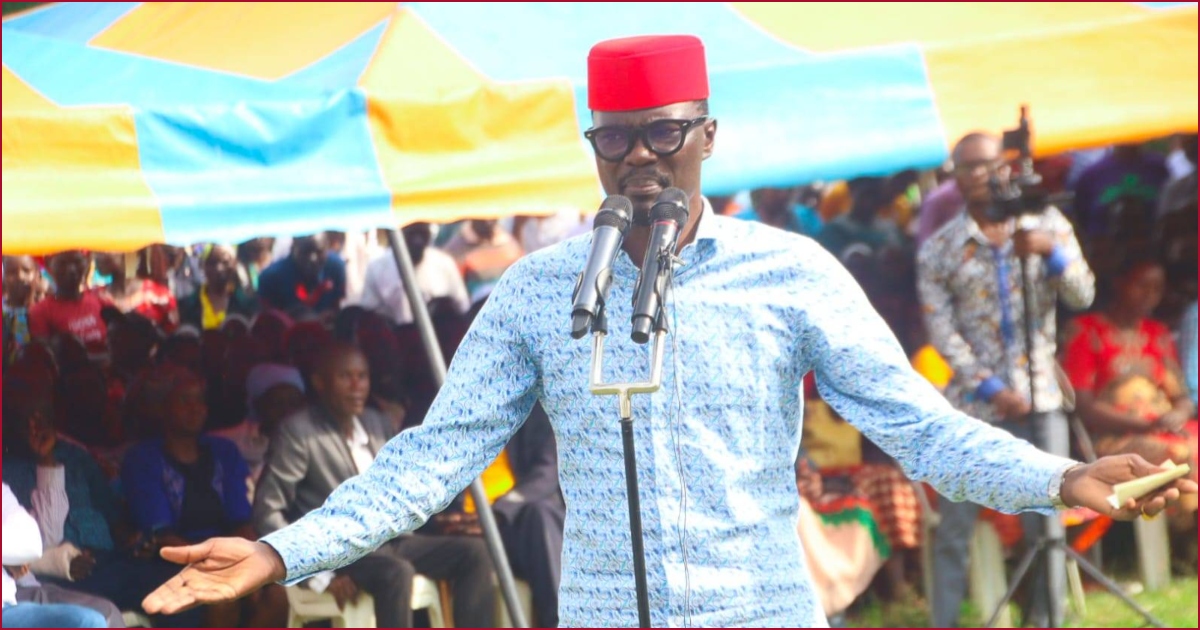
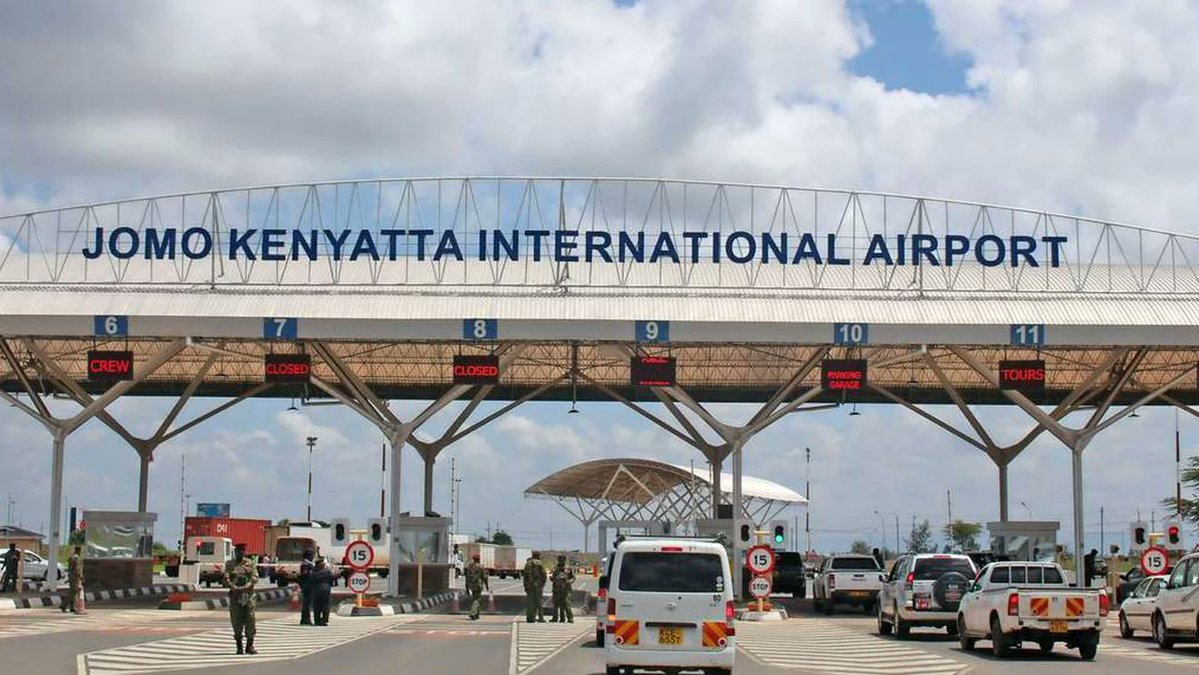
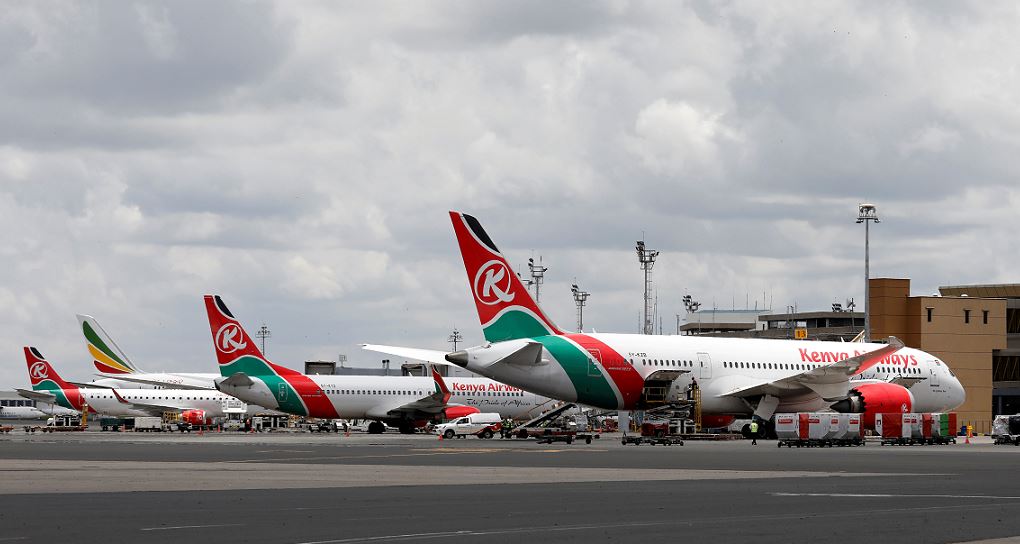
-1670665275.jpg)

-1714135201.jpg)